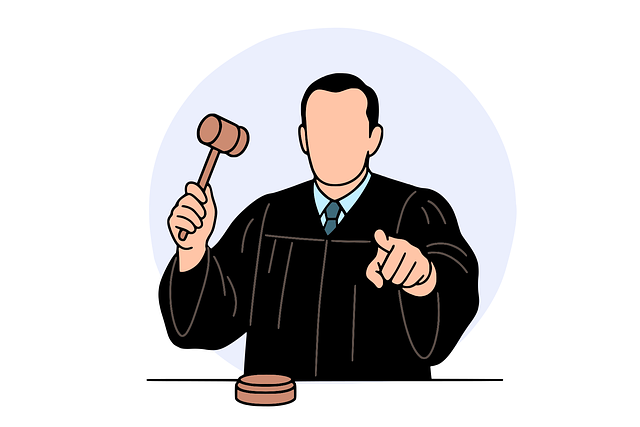Motorcycle accidents result from driver negligence, including speeding and safety practices. Hazardous road conditions and vehicle system failures also contribute to fault. Understanding local laws and safe riding reduces risks. In severe cases like elder abuse, victims may seek compensation. Establishing motorcycle accident fault involves considering maintenance, design flaws, and negligence.
Motorcycle accidents often leave riders with severe injuries and a complex path to justice. Establishing fault is crucial, and understanding common causes can be a game-changer. This article sheds light on the primary factors that lead to motorcycle accident faults, including driver negligence due to speed and safety ignorance, hazardous road conditions, and critical vehicle malfunctions. By recognizing these issues, riders and legal professionals can navigate the complexities of personal injury claims more effectively.
- Driver Negligence: Speed and Safety Ignorance
- Road Conditions: Hazards and Lack of Maintenance
- Vehicle Malfunction: Critical System Failures
Driver Negligence: Speed and Safety Ignorance

Motorcycle accidents often occur due to driver negligence, a significant factor in establishing fault. One of the most common culprits is speed—excessive or inappropriate speeding significantly increases the risk of collisions and subsequent injuries. Drivers who ignore speed limits and fail to adapt their speed to road conditions put themselves and others at greater danger. Additionally, a lack of awareness regarding safety practices contributes to negligence. This includes failing to wear protective gear, improper lane usage, and not signaling turns, which can lead to devastating accidents.
While these issues are prevalent, it’s essential to note that understanding local traffic laws and adhering to safe riding practices can mitigate such risks. In cases where a driver’s behavior leads to a motorcycle accident, victims may have grounds for a lost wages claim or compensation for related expenses, especially if the accident resulted from gross negligence or intentional actions, which might even hint at scenarios resembling elder abuse or nursing home abuse, though these are distinct concerns with their own legal implications.
Road Conditions: Hazards and Lack of Maintenance

Motorcycle accidents can often be attributed to road conditions that present hazards and lack of proper maintenance. These issues can include potholes, uneven pavement, poorly marked lanes, and inadequate lighting, all of which significantly increase the risk of collisions. Riders may lose control or swerve to avoid these obstacles, leading to accidents. Regular road maintenance is crucial for ensuring safe motorcycle travel, but when local governments or authorities fail to address these problems, it can result in severe injuries and even fatalities.
A truck accident attorney or car accident lawyer Boca Raton might be involved in cases where poor road conditions contribute to motorcycle accidents. Riders who suffer injuries due to hazardous roads may have valid claims for compensation, including lost wages and other financial losses. It’s essential for riders to be aware of these potential risks and advocate for better road maintenance to prevent future accidents.
Vehicle Malfunction: Critical System Failures

Motorcycle accidents can often be attributed to critical system failures within a motorcycle’s design or components. Vehicle malfunction plays a significant role in establishing motorcycle accident fault. These systems include brakes, tires, lighting, and engine components—any of which, if not functioning properly, can lead to catastrophic outcomes. For instance, faulty brake systems can result in prolonged stopping distances, increasing the risk of collisions. Similarly, flat or improperly inflated tires can cause loss of control, especially at high speeds.
A medical malpractice lawyer would be quick to point out that these failures often fall under the manufacturer’s responsibility to ensure safety. In cases where a motorcycle accident is caused by such malfunctions, establishing fault becomes clearer. This is particularly relevant when comparing it to other scenarios, like employment disputes or caregiver negligence, where liability might be less direct and more complex.
Motorcycle accidents often result from a combination of factors, but establishing fault is crucial for safety and justice. Whether it’s driver negligence like excessive speed or road conditions like hidden hazards, understanding these common causes empowers riders and communities to advocate for better practices in maintenance, safety education, and responsible driving. By recognizing these issues, we can work towards reducing motorcycle accident faults and enhancing road safety for all.






